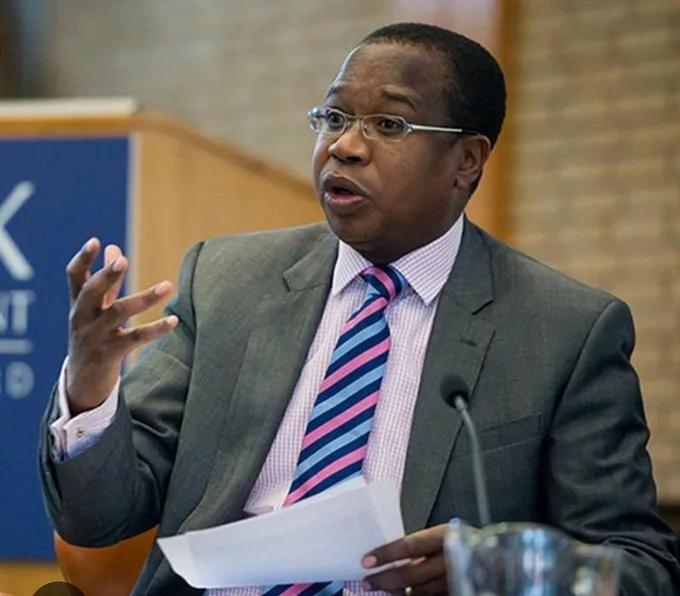|
Getting your Trinity Audio player ready...
|
The Investment Conference held today during the 7th SADC Industralisation Week reignites the spirit of investment to spur domestic and regional economic development.
This is the first-ever SADC Investment Conference, a prelude to the 44th Ordinary SADC Summit of Heads of State and Government which shall be running under the theme: “Promoting Innovation to unlock opportunities for sustained economic growth and Development towards an Industrialised SADC”.
In his remarks in Harare today, Hon. Prof. Mthuli Ncube, the Minister of Finance, Economic Development, and Investment Promotion for Zimbabwe, at the workshop themed ‘Financing Industrial Developments to Attract Private Investments into the SADC Region,’ said industrialisation and innovation help to unleash dynamic and competitive economic forces that generate employment and income opportunities within the SADC region as a whole.
“Attracting investment is one of the core objectives of the SADC regional economic community (REC), and is a powerful vehicle for developing infrastructure, enhancing the participation of economies in regional and global value chains, empowering the youths and women as well as alleviating poverty.
“I am glad that Member States acknowledge and see the importance of creating a favourable investment climate to value add on our natural resource endowments as well as diversify our economies in pursuit of regional industrialisation,” Hon Ncube said.
The SADC region is endowed with strategic natural resources, from oil, gas, and a variety of minerals (gold, diamond, copper, etc.), to fertile arable lands that sustain agricultural production, inland waterways that enable hydropower generation, as well as unique flora and fauna and astonishing marine resources that sustain the development of the tourism industry.
SADC as a region, accounts for an average 28% of Africa’s GDP, 26% of Africa’s total population, and attracted 30% of total FDI inflows into Africa over the last decade. The SADC region is among the eight (8) Regional Economic Communities (RECs) working towards integration of the continent. The SADC regional economic growth averaged 2.2% in 2023 (IMF Regional Economic Outlook, APR 2024).
Developing countries, and the SADC region in particular, are currently facing difficulties regarding mounting public debt that is limiting their ability to invest in core industries and infrastructure.
Within the SADC region, most balance sheets have been severely weakened and the average public debt in the region is around 59.2% of GDP, with some countries at high risk of debt distress, spending more on servicing external public debt than investing in transformative programmes and projects.
In addition, rising geopolitical tensions and climate change impacts have affected all Member States, resulting in reduced productivity, high levels of unemployment ranging between 25% and 80%, and high poverty levels, with estimates suggesting that 132 million people in the SADC region were acutely food insecure in 2022.
Furthermore, the majority of SADC countries are still dependent on primary industries and rely heavily on South Africa as the major trading partner, which is among the Emerging Market and Developing Economies. Hence, excluding South Africa, the majority of SADC countries are yet to be significantly industrialised.
Minister Ncube said the major challenges facing the region to industrialise include, the lack of affordable long-term financing, macroeconomic imbalances, and limited fiscal space to address gaps in economic enablers, coupled with a long-term decline in Official Development Assistance (ODA) flows.
“In this regard, attracting FDI and intra-SADC investment will enhance the productive capacities of the region, promote macroeconomic convergence, and integration of financial markets, as well as build capacity to participate in continental and global value chains. This will ensure the region transitions from exports of unprocessed natural resources primary products to processed high-value goods and services.
“On a positive note, over the years, Member States have managed to align policies and regulations with the regional frameworks for improving the business environment in line with the World Bank Doing Business indicators. Achievements have been registered, in particular in reducing the time and cost of starting a business, by simplifying procedures and accelerating processing of applications,” Hon Ncube added.






